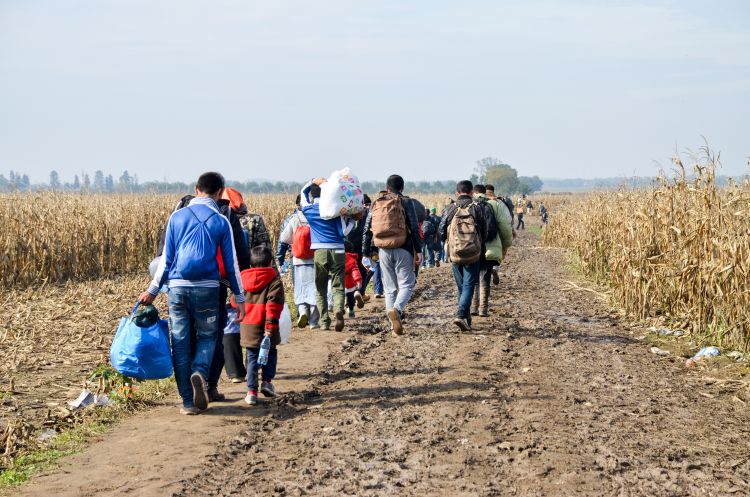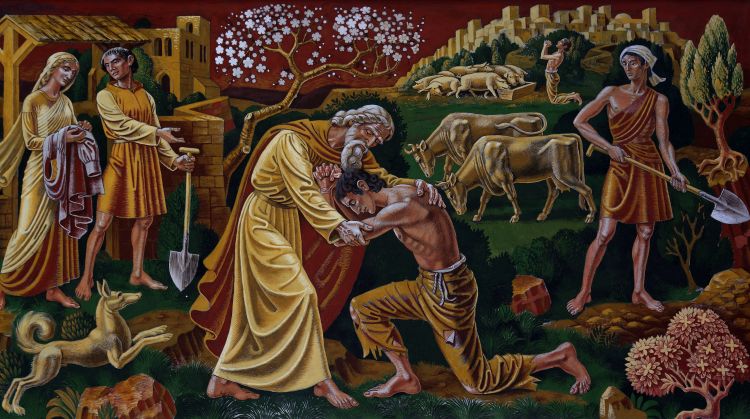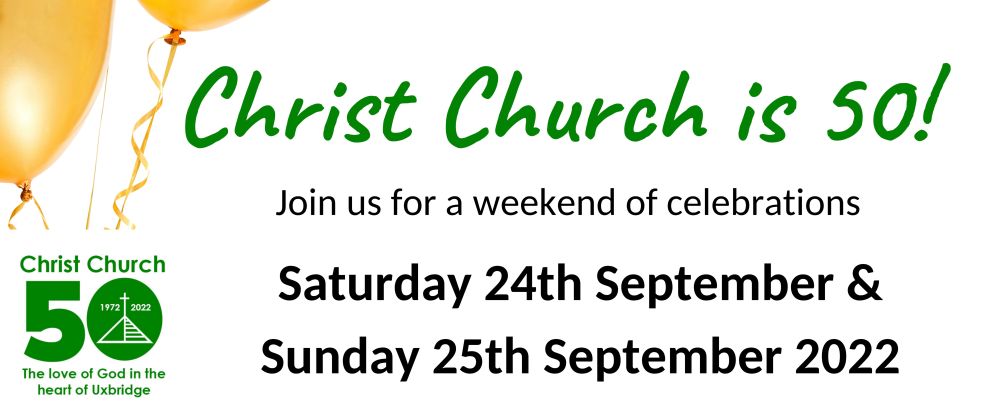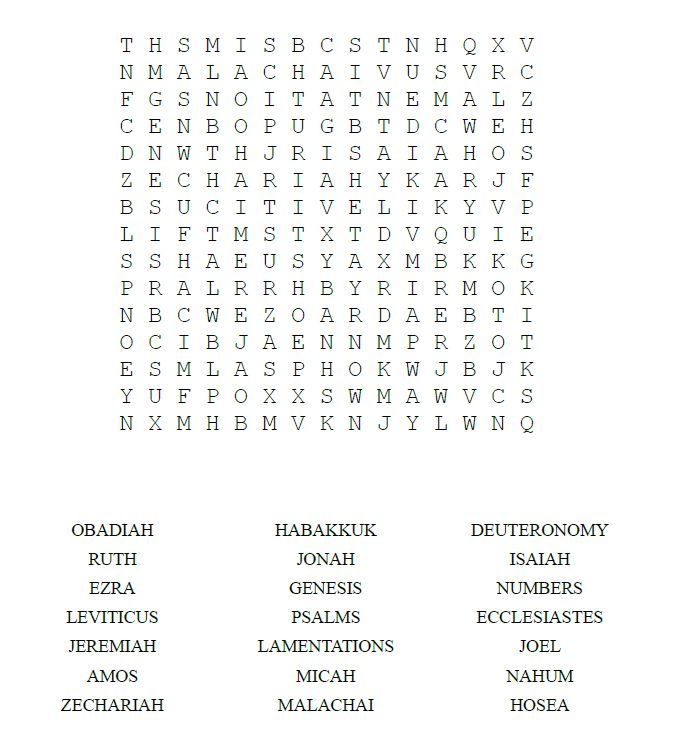
Hello everyone,
Welcome to the latest issue of our church newsletter. I hope you are keeping well and staying safe. Our newsletter is sent out regularly to share reflections from services, Bible readings and church news to our church family.
You can find previous issues of the newsletter on our church website at www.christchurchuxbridge.org.uk We would love to hear from you and are looking for uplifting and encouraging content to share in future issues of this newsletter. If you have any ideas or content that we can share, please do email them to Louise (publicity@christchurchuxbridge.org.uk)
We start with our opening prayer:
For the dawning of a new day
Thank you
For new opportunities, possibilities to be explored
Thank you
For fresh insights and different perspectives
Thank you
For deep breaths and steps in the right direction
Thank you
And for the frustrations and anxieties,
the issues which weigh heavy and persistent on heart and mind
Thank you that we do not face them alone.
(Karen Campbell, from the 2022 URC Prayer Handbook ‘Jubilee: Freed to Live!’)
Reflections from 28 August
Readings – Hebrews 13: 1-8, 15-16 and Luke 14: 1, 7-14
Here we are on the verge of a new church year. This is a time of new beginnings. Children moving into new classes at school, people moving away from home to start their lives at college. The government will soon reassemble after the summer break and start their new session under the leadership of a new Prime Minister and in churches all over the country, ministers are being welcomed into new appointments.
It seems entirely appropriate, therefore, for us to be considering these two readings, which are all about being hosts and being guests. We’ve just heard how Jesus had gone to eat in the house of an influential man, one of the leaders of the Pharisees, and he was being watched carefully. But what the rest of the guests didn’t know was that Jesus was also carefully watching them. He quietly observed as they all came in and chose the places at the table that were traditionally the best positions reserved for the most important guests, and rather than criticise them directly, Jesus told them the parable about a wedding banquet, and he focused on these two roles: that of the host who had prepared the great feast and that of the guests who had turned up to enjoy the party.
So firstly, let us focus on the role of the host. When a host provides a meal, they are providing not only food, but also shelter, company, conversation, interaction, and time. To be a host is to take seriously the command to love our neighbour. At the end of the parable, Jesus said to his host, “invite the poor, the crippled, the lame, and the blind, and you will be blessed because they cannot repay you.” This is pure giving with no ulterior motive, no thought of return, just giving for the sake of giving.
The role of a host, of course, extends far beyond providing meals. Communities can be hosts. Countries can be hosts. Churches can be hosts too. Whenever we welcome a newcomer into an environment where we feel at home, then we are being hosts. It might be a new person coming into our family, a new neighbour on our street, a new colleague at work, a new worshipper in our church, or a whole group of people coming to join an organisation that already exists.
Loving our neighbour and offering hospitality is what we are called to do. Yet there is another side to this role of being a host. Welcoming newcomers into situations that we are comfortable with means that we are in control.
In the parable, the guests were under the authority of the host, who made the decisions about where each of them would sit, asking those sitting in the place of honour to move lower if someone more distinguished arrived, and asking the one sitting in the lower place to come up higher if that was appropriate. To keep control minimizes the risk and it prevents the host from having to face too many challenges.
Perhaps the most poignant example of this in the world of today is with migration. People are constantly shuttling across massive distances on holiday or business, to find a new life, or to escape starvation, danger, uncertainty, or conflict. This mobility has created a whole culture of suspicion whenever you travel anywhere. Difficulties in getting a visa, difficulties in trying to establish yourself in a new place, the endless questions that might face you at airports. The host nation is wanting to keep control. The newcomer is always the guest, though sometimes not, even given the dignity of being called a guest. The recent government policy to send some people who were seeking asylum here to Rwanda demonstrates this sense of control in all its stark reality.

Secondly, then, let’s think about this role of the guest. Jesus said it is better not to do as his fellow diners had done and assume that the most important seats at the table were rightfully theirs. Instead, he said, assume nothing. Sit down at the lowest place, because then if you are asked to move up higher, you are being honoured.
It seems fairly straightforward, a lesson in humility. The guest should know his place and be grateful for whatever the host decides is appropriate. Well, that might sound great, but it makes me slightly uneasy. It’s almost as if the guest is sitting there in the lower position with the full expectation that he or she will be invited to the higher place. And what sort of humility is that?
It reminds me, in a strange sort of way, of those holiday guidebooks that are full of useful information about currency exchanges, how to order a meal, how to ask for a taxi, how to find a doctor and every other possible thing you might need on your holiday. But they also tell you how to avoid the pitfalls in that particular culture, which foods to avoid, whether the water can be safely drunk, which taxi firms you can trust. And that might be valuable information, but it doesn’t encourage a tourist to behave as a guest of the country they’ve chosen to visit. Instead, you’re being helped to stay one step ahead of the rest of the population there, rather than going there in pure humility, willing to be immersed in another culture and receive whatever that country offers.
It’s often said that when British people go abroad, they rarely try to converse in another language, but instead assume that everybody will speak English, and if that doesn’t work, they will simply speak English ever more loudly. Unlike many situations around the world where people impose their culture, their opinions and their solutions, that is hardly taking the position of humility at the lowest place at the table. So false humility is one danger we need to watch.
The other is that some guests who are sitting there in the lowest place will never be brought up higher. One of the British government’s previous schemes for responding to people who had fled war or danger was to issue them with vouchers that they could exchange for food. That sounded good until you realised that these vouchers could only be spent in certain specific shops and no change could be given. And I remember people who were on the receiving end of all of this, speaking of their utter humiliation because of this system. This told them that they were not trusted, they were not welcome, and that they remained at the bottom of the heap. Guests in many situations who never feel they are valued or listened to or cared about soon start to feel unworthy, incidental, unimportant. And yet so much of Jesus’s ministry focused precisely on those people.
This would mean that hosts should call all of their guests up higher, making them feel they belong, they matter, and that in this place they will be listened to. So just as there are dangers with the image of the host, there are also dangers with the image of the guest.
So how can these dangers be avoided? Well, if the host did as Jesus suggested and invited people who were poor or battered, the people left behind, then already they would have let go of some of their control. And if the guests learned to listen and learn and gradually become part of the culture around them, then they too would have lost any sense of being superior.
Just imagine being the host of this meal where Jesus was the guest. The people Jesus told the host to invite were not even called people in this reading. Instead, they were described by their condition, the poor, the crippled, the lame, the blind, already then consigned to a low place in society. And the poor were presumably not the sort of people this host was used to being in close proximity with. What if they were dirty, or smelly, or didn’t know correct table manners? Maybe he thought he’d better lock away the silver, just in case.
Being a host according to the way of Jesus is about giving without counting the cost and about taking risks and if we as a church are hosts, it means being prepared to learn from our guests and even to allow ourselves to be changed by them.
And who are these guests? Well, some will be people who have never set foot in a church before, who might not understand how important it is to us to stand up at certain times, to be quiet at certain times, to respond to one another in certain ways. Some are people who come from a different Christian tradition or a different faith tradition who might never have come across the particular characteristics of the Methodist Church or the United Reformed Church.
Church communities need to find that balance between being rooted in their traditions while also being flexible enough to learn and to change. As the writer of the letter to the Hebrews said, you never know, you might be entertaining an angel without knowing it. So don’t let us miss that moment.
And so often that’s where we in our churches stop. We put ourselves in the powerful role in the parable. The hosts. But just think what it would mean if we as a church community regarded ourselves as the guest. Do we operate in our communities out of real humility? Do we feel we have all the answers, or do we feel there are things we can learn from other traditions, other communities, or people who have different opinions and different priorities?
The current challenges that all of our churches are facing actually enable us to learn from Jesus in a whole new way. Because church communities are vulnerable now, not invincible, and we need to learn to be guests, we need to learn to immerse ourselves fully in the culture around us.
We are still ourselves. We are still committed to this Christian tradition. We’re still committed to seeking to follow Jesus. But we no longer assume that the highest places at the banquet are rightfully ours. That lowest position can open our eyes to many aspects of life that we may simply not have seen before.
And the greatest example we have of how to treat one another is through the way we are treated by God. Remember how Jesus told the parable of the prodigal son, where the son returned home intent on being the lowest of the low in his father’s household? But instead, his father called him up higher by throwing the greatest party and clothing him in rich robes and rejoicing because his son had returned. And like that son, none of us are worthy to be guests of God. Yet, through the love and forgiveness of God, we are all given that huge privilege to think of ourselves not only as guests but in fact, as children of God.

So as this new year breaks in upon us, once again full of unknown experiences, may we learn from Jesus, teaching here about how to be both good hosts and good guests. It means taking risks and learning true humility and above all following the example of Jesus so that in time the distinctions can become so blurred that people are no longer labelled either as the hosts or the guests, but all are equally working together to do the will of God. Thanks be to God.
Revd Dr Claire Potter
Readings for 4 September
Luke 14:25-33 (NIV)
The Cost of Being a Disciple
25 Large crowds were traveling with Jesus, and turning to them he said: 26 “If anyone comes to me and does not hate father and mother, wife and children, brothers and sisters—yes, even their own life—such a person cannot be my disciple. 27 And whoever does not carry their cross and follow me cannot be my disciple.
28 “Suppose one of you wants to build a tower. Won’t you first sit down and estimate the cost to see if you have enough money to complete it? 29 For if you lay the foundation and are not able to finish it, everyone who sees it will ridicule you, 30 saying, ‘This person began to build and wasn’t able to finish.’
31 “Or suppose a king is about to go to war against another king. Won’t he first sit down and consider whether he is able with ten thousand men to oppose the one coming against him with twenty thousand? 32 If he is not able, he will send a delegation while the other is still a long way off and will ask for terms of peace. 33 In the same way, those of you who do not give up everything you have cannot be my disciples.
Further readings from the lectionary this week are as follows:
- Deuteronomy 30:15-20
- Psalm 1
- Philemon 1-21
Our worship
We meet at 11am for our Sunday services, which are also live-streamed on our Facebook page. If you wish to view our services online, you can find them at www.facebook.com/christchurchuxbridge. You do not have to be a Facebook user to watch them – our services are publicly viewable. You can also view a recent service on our church website. Our service this week will be led by URC lay preacher, Anne Byfield. You can find the order of service here.
If you are unable to join us in person or online for our Sunday services, but would like to receive a recording of them on a memory stick to watch at home, please let us know.
Forthcoming services
4 September – Anne Byfield (URC lay preacher)
11 September – Cathy Smith (Methodist local preacher)
18 September – Christ Church worship group – Harvest and parade service
24 September – Christ Church worship group with reflections from Revd Elizabeth Kemp and Revd Nick Skelding – 50th anniversary thanksgiving service (3pm)
25 September – Revd Dr Dong Hwan Kim (Methodist minister) – Communion and covenant service
DEC Pakistan Flood Appeal
There will be a retiring collection after the service over the next two weeks for the DEC Pakistan Floods Appeal.
Christ Church 50th Anniversary
Quiz supper – Saturday 24th September, 7pm
Come and join us in the Christ Church halls for a quiz supper as part of our 50th anniversary celebrations on Saturday 24th September. Tickets cost £15 per person and includes a fish, chicken, sausage or veggie burger and chips. Booking forms are available at church or can be downloaded and printed off from our website at: https://christchurchuxbridge.org.uk/
50th-anniversary/quiz-supper/
Please return your booking forms and payment to the church office by 12th September.
We are also looking for raffle prizes for the quiz supper. If you are able to donate a raffle prize such as a box of chocolates, scented candle, box of biscuits, a jigsaw puzzle or a houseplant then please let Denise know.
A talk on “The origins of Christ Church”
Ken Pearce will be giving an illustrated talk on “The origins of Christ Church” to the Uxbridge Local History Society at Christ Church on September 20th at 7.30pm. This talk will take place in the chapel and covers the four churches that have merged, and their Nonconformist background. There is an attendance charge of £2 for those who are not members of the local history society.

Dates for your diary
Thursday 20th September, 7.30pm
“The origins of Christ Church” – an illustrated talk by Ken Pearce. This will take place in the chapel at Christ Church. £2 for those who are not members of the local history society.
Saturday 24th September
All day – Exhibition
10am – 1pm – Fete
3pm – Thanksgiving service
7pm – Quiz supper
Sunday 25th September
11am – Communion and covenant service
1pm – Bring and share lunch
3pm – Hopes and Dreams: Moving Forward
Saturday 8th October, 10am – 12noon
Sewing bee for the community anniversary commemorative wall hanging. Please contact Joanne for more details.
For more information about our anniversary events, please visit our 50th anniversary page.

From the Methodist Circuit
The latest issue of the ‘Circuit Life’ newsletter is now available to view here.
URC Metropolitan North LAG newsletter
The URC North Metropolitan Local Area Group has started producing a monthly newsletter to share news and events between the churches that form the LAG. You can find this online at https://tinyurl.com/lagnews-sept22
Children’s Corner

Praying for other churches
This week we pray for our own church and its members.
Closing prayer
May the God who is faithful uplift you this day
May the God who assures freedom accompany you on the way
May the God who above all else seeks love enfold you always.
And the blessing of God, Creator, Christ and Spirit
be with you and all whom you love,
this day and always. Amen.
(Taken from URC Worship Notes)
